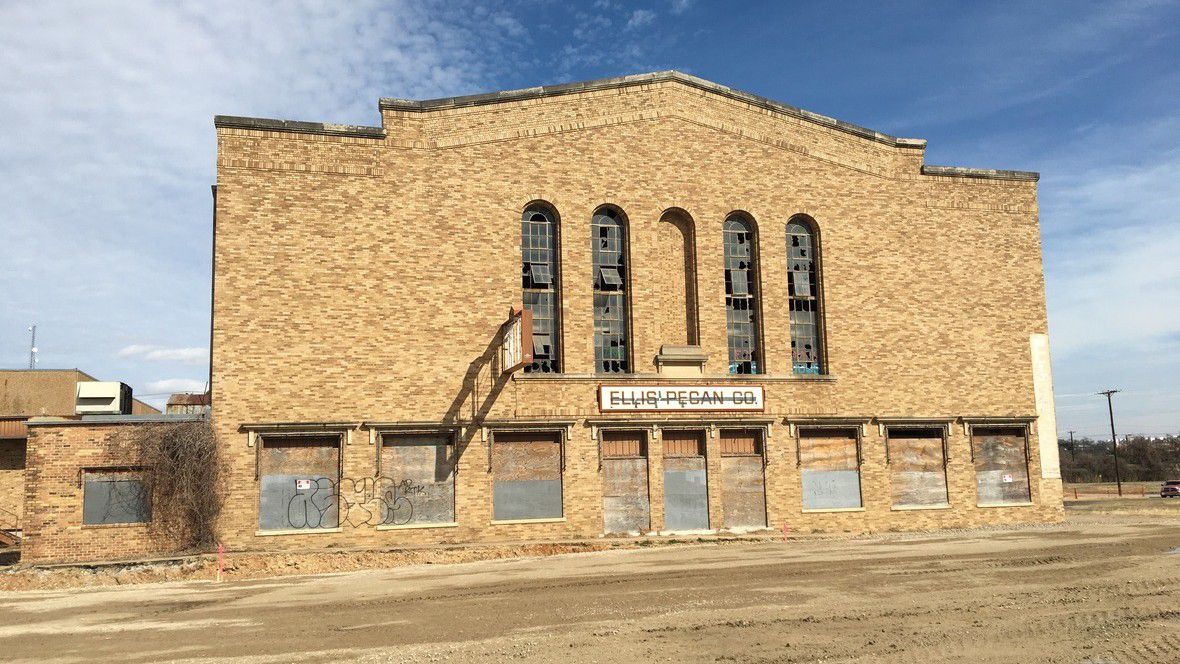FORT WORTH, Texas — Fred Rouse was just getting off work at Swift & Co., a butcher and meat-packing company based in the Fort Worth Stockyards. The year was 1921, and the national packing house workers union had been on strike since December. Black Americans and immigrants, desperate for work, were hired as strike-busters and reviled by the union members.
Rouse, then 53 years old, was threatened by white butchers and subsequently pulled his pistol in self-defense. An angry mob chased the man down East Exchange Avenue, where he was beaten, stomped, stabbed, and then later abducted from his county hospital bed — after which he was shot and hanged from a hackberry tree on Samuels Avenue north of downtown.
Rouse’s grizzly murder is one in a long line of Texas lynchings. Though the Jim Crow era has since passed, long-simmering racial tension in Fort Worth has bubbled over recently in the wake of a spate of violent encounters between police and Black residents, including the highly publicized murder of Atatiana Jefferson in October 2019.
Healing the people who have suffered at the hands of systematic racism is at the heart of Transform 1012’s mission. The group is a coalition of six local organizations that have come together to convert a KKK meeting building located at 1012 N. Main St. into the Fred Rouse Center and Museum for Arts and Community Healing.
The building is thought by many to be the last standing purpose-built Klan building in the country. The building sold after just a few years, but it has stood as a monument to Fort Worth’s uncomfortable racist past for almost a century. The building’s current owners, Sugarplum Holdings, L.P., applied for a certificate that would allow them to demolish the historic structure in June, 2019. The Historic and Cultural Landmark Commission of Fort Worth stepped in, and Daniel Banks and Adam McKinney began the movement to transform the long-abandoned building.
The pair are co-directors of DNAWORKS, a service organization that promotes cultural expression through the performing arts, and they have spearheaded the effort to create the Rouse Center. Other groups involved in the project include Opal Lee's Juneteenth Museum, Sol Ballet Folklorico, the Tarrant County Coalition for Peace and Justice, The Welman Project, and Window to Your World.
The project was recently awarded a grant by Boston-based MASS Design Group, which has worked on nationally prominent projects such as the National Memorial for Peace and Justice in Montgomery, Alabama. The group created a brochure for the coalition, which Banks said is a crucial step in moving along the transformation.
“Now that we have this brochure, we are starting to circulate it to potential funders and donors,” he said. “We're still in phase 1, which is about generating community support, generating a business model, and generating some paperwork.”
The group has made several advances in its two-year odyssey to transform the property, including getting estimates from engineering firms and construction companies and reaching out to the owners about purchasing the building. Though Banks said he couldn’t go into much detail, he did confirm his group has been in contact with a representative of the owners about buying the building, and the conversation was “amicable.”
“We’ve been in direct contact with the owner’s representative, and we are in continued conversations about the potential purchase of the building,” he said.
Adam McKinney, the co-director of DNAWORKS, told the Fort Worth Star-Telegram that he would use the 180 days to build a coalition of comment groups and find donors. An unnamed donor promised to donate a Holocaust artifact to the community center. DNAWORKS would run a performance space and classrooms devoted to equity and social justice, the article says.
Though COVID-19 has slowed progress somewhat, Banks said the project has never stalled. Quoting author Adrienne Maree Brown, he said it’s “moving at the speed of trust.”
“That's very much how we've been approaching this project — really making sure there's community buy-in and a lot of community conversation,” he continued. “Everything is being done very transparently. We've had conversations with the city. We've had conversations with donors. We've had conversations with stakeholders. We've had conversations with community members.
“All of these conversations take time, but, incrementally, this has gotten us to a very exciting place,” he said.



